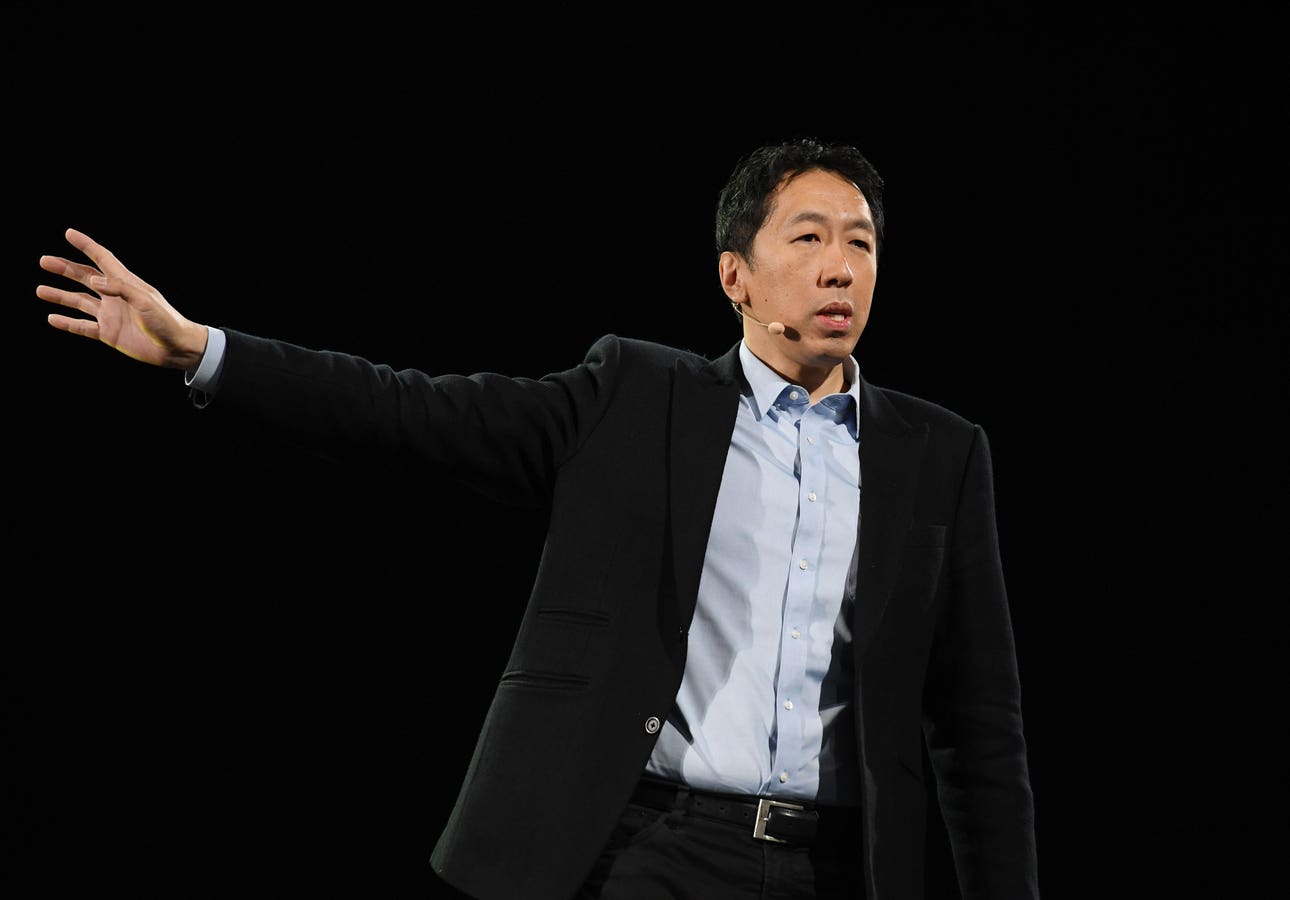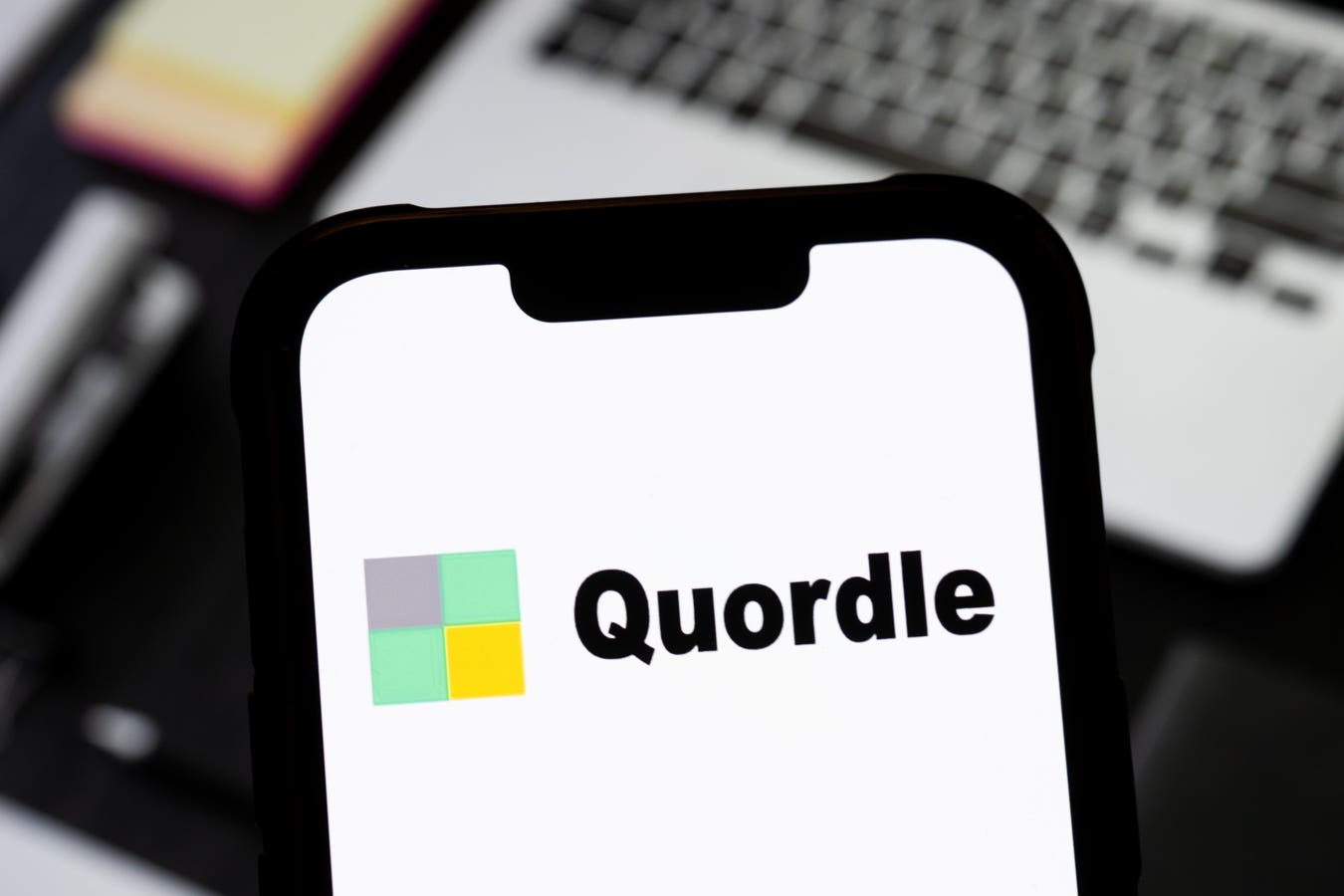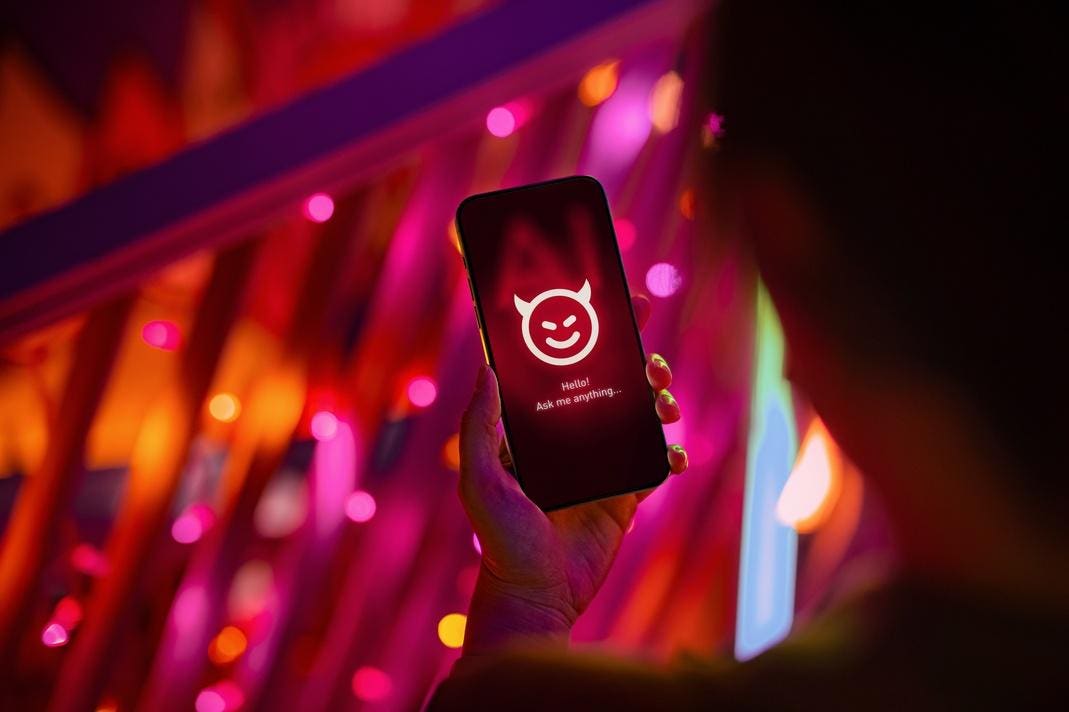Andrew Ng who is the Founder and CEO of LandingAI and deep learning.ai talks about AI during a … More
We’re in the middle of a revolution in tech, and part of it is this idea of vibe coding.
For a lot of people, it started with Andrej Karpathy’s now infamous text about just letting the computer do the work, and leaning back and chilling and vibing to it.
Pretty soon everyone was talking about “vibecoding,” the idea that you don’t have to know how to write a program if you just ask AI to do it for you.
On the one hand, this brings a fundamental democratization of tech to a larger audience. On the other, what does it mean for coding?
Should People Code?
I came across this example of a team that wanted to build a game from scratch using AI. So they tried asking Claude.
The computer wrote the code, all right, but they were left with buttons that didn’t work, and serious bugs that needed to be fixed. Eventually, the computer fixed the bugs, but only with extensive prompting from the human. Here’s how the author described what happened after an initial failed attempt where the program didn’t launch:
“The AI went back to work, and its second attempt actually launched. I also cheated a bit and checked the code, noticing another issue: … I continued this back-and-forth with Claude, refining through natural language rather than code edits. Fourteen iterations later, I had something satisfactory enough for me to share without being ashamed.”
So the takeaway here is that you may not have to do the hard coding, but you’ll still have to move the program development along by helping the computer make decisions or correcting its mistakes, however you describe that process.
In the April event at Imagination in Action, I interviewed Andrew Ng about this and other parts of the tech world. He’s got a long and impressive career, including academic work at MIT.
Advances in Coding
One of the big points that Ng brought up when I asked him about vibecoding was that in past iterations of this revolution, when we make advances, we find that people still get value out of their coding skills.
He mentioned everything from punchcards to COBOL: after COBOL was developed, he said, people were wondering if they still needed to code or not.
Ng pointed out that today, he personally wouldn’t hire people who don’t know how to code. It’s still a good skill to have, he insisted, even if the machine can do it, to some extent.
“Last year, there were some people advising others to not learn to code,” he said. “I think we’ll look back on that as some of the worst career advice ever given, because as AI helps with coding, coding gets easier, and that means more people should do it, not fewer.”
Other Insights
Ng also mentioned excessive hype in the industry, and attacks on open source that often get thrown together with safety issues.
“I think there are a few lines of hype that have been amplified because of the fundraising of PR goals of a small number of companies, and that has really distorted perception,” he said.
He talked about the use of sandboxing for making sure systems are safe, and promoted the idea of open source technologies to deliver value to the world at large.
As for valuable skills, he said, people should know how to prompt LLMs, as well as having basic coding skills.
“I think at this moment in time, we are already seeing a very clear performance gap in many jobs. (Knowing) how to code, it’s absolutely huge in software engineering, but it’s already very (necessary) outside software engineering. As AI becomes better, as security becomes better, I fully expect this performance gap to continue to grow.”
He talked about how 10X programmers tend to make more money than others, and how the technology saves people a lot of time.
He also addressed the funding challenges to universities.
At the end of the day, Ng suggested, we should still know how to code, even if we don’t have to do it every time we open the terminal.
New Systems
This made a lot of sense to me, because we’re also experimenting with collaborative platforms that blend together the terminal, the collaboration hub, and the hosting system, as in the Microsoft Azure AI Foundry agent system I described a few days ago.
It’s all part of reinventing how we build software and what it means to be a professional in the age of AI. Let’s continue to think about what the workforce will look like in a few years. When Ng talks about “more powerful workers,” I think part of what he means is that we’ll be working inside of these tools that really make us all 10X, effectively.








